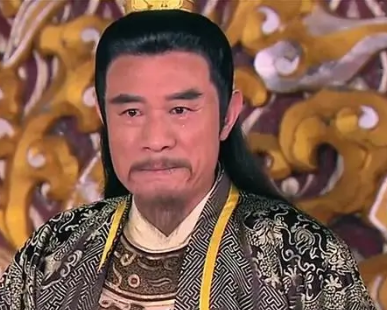In ancient Chinese history, many figures experienced ups and downs in their lives, causing profound sentiment. Among them, Jiang Wan is a notable figure who underwent many hardships and eventually became an important assisting minister of the Shu Han Kingdom. Despite narrowly escaping death by Liu Bei, he still managed to become Zhuge Liang's successor, and the reasons behind this deserve in-depth exploration.

Jiang Wan, styled Gongyan, was born in Xiangxiang, Lingling in the 24th year of Jian'an (219 AD) and passed away in the 9th year of Yanxi (246 AD). He was praised for his talent and virtue in his early years and was later recommended to Liu Bei, becoming one of his subordinates. However, due to some misunderstandings, Jiang Wan was once ordered to be executed by Liu Bei. Fortunately, his friend Zhuge Liang interceded in time, saving his life.
Despite such a terrifying moment, Jiang Wan did not become discouraged or harbor resentment. Instead, he cherished this opportunity even more and devoted himself to national affairs with greater diligence and loyalty. His talent and virtue gradually gained recognition from Liu Bei and Zhuge Liang.
During Zhuge Liang's tenure as the prime minister, Jiang Wan became his important assistant. He not only assisted Zhuge Liang in handling government affairs, but also provided significant military support. Jiang Wan accompanied Zhuge Liang on numerous expeditions and participated in the planning and command of many battles. In this process, he demonstrated outstanding military talent and exceptional leadership abilities.
Moreover, Jiang Wan also had unique insights in politics. He advocated policies such as giving the people rest, developing production, and rectifying official governance, making significant contributions to the country's stability and development. His political achievements gradually elevated his status in the court, and he was eventually appointed as the General of the Army and the Recorder of Imperial Documents.
After Zhuge Liang's death, Jiang Wan became the actual ruler of Shu Han. He inherited Zhuge Liang's will and continued to implement his political ideas and strategic guidelines. Under his leadership, although Shu Han failed to achieve the goal of unifying the country, it still maintained a relatively stable and prosperous situation.
Looking back at Jiang Wan's life, we can see the image of a hero who struggled from the brink of death. Despite narrowly escaping death by Liu Bei, he relied on his talent, virtue, and hard work to eventually become Zhuge Liang's successor. His story teaches us that as long as we cherish opportunities, work hard, and strive forward, we can overcome difficulties and achieve our values and dreams.
Disclaimer: The above content is sourced from the internet and the copyright belongs to the original author. If there is any infringement of your original copyright, please inform us and we will delete the relevant content as soon as possible.































